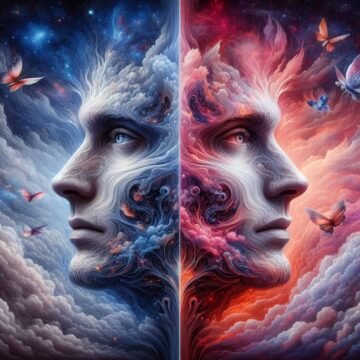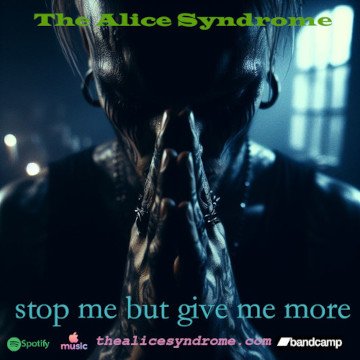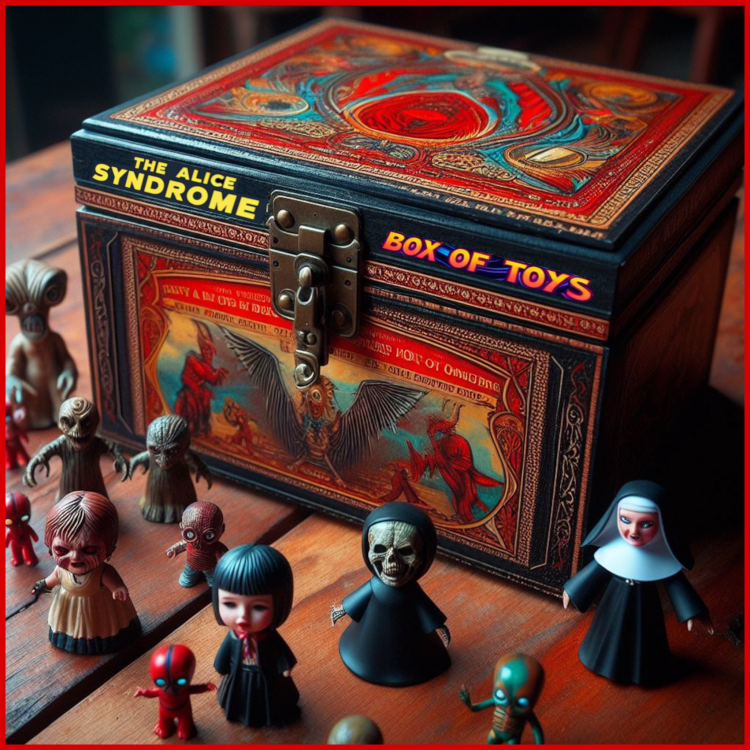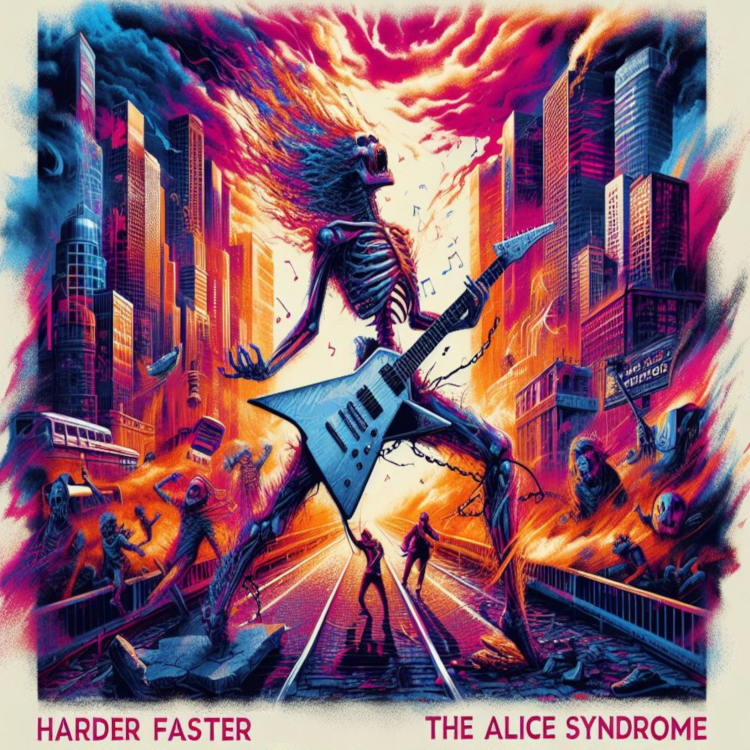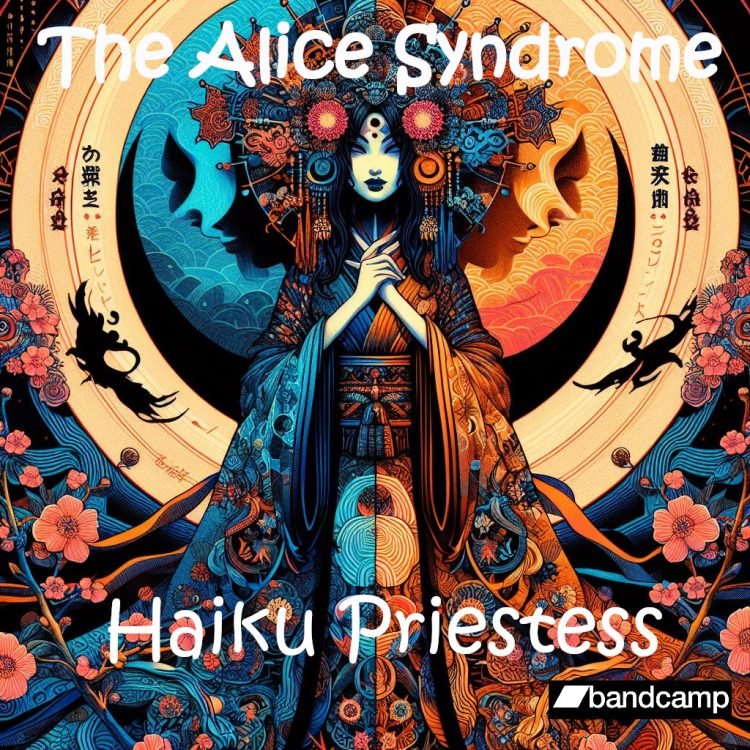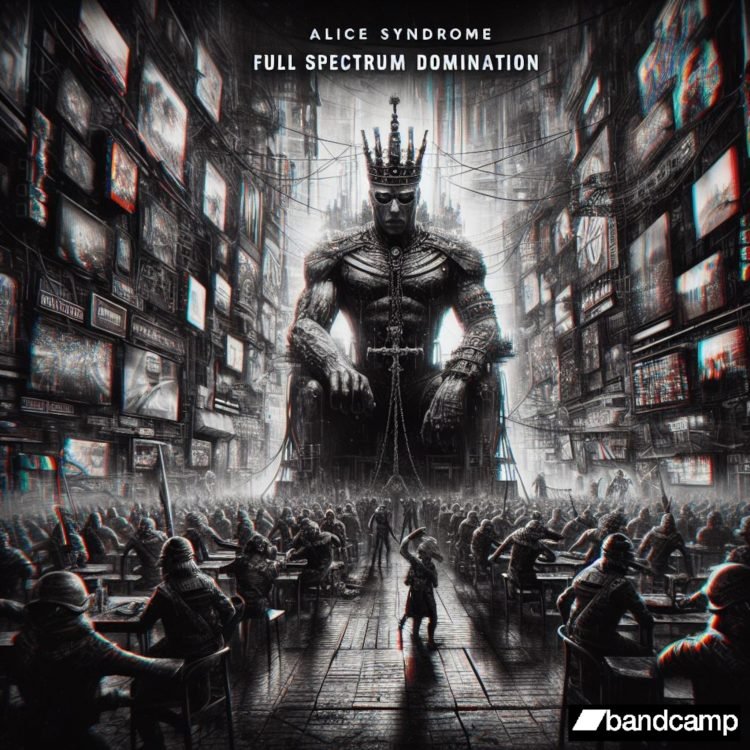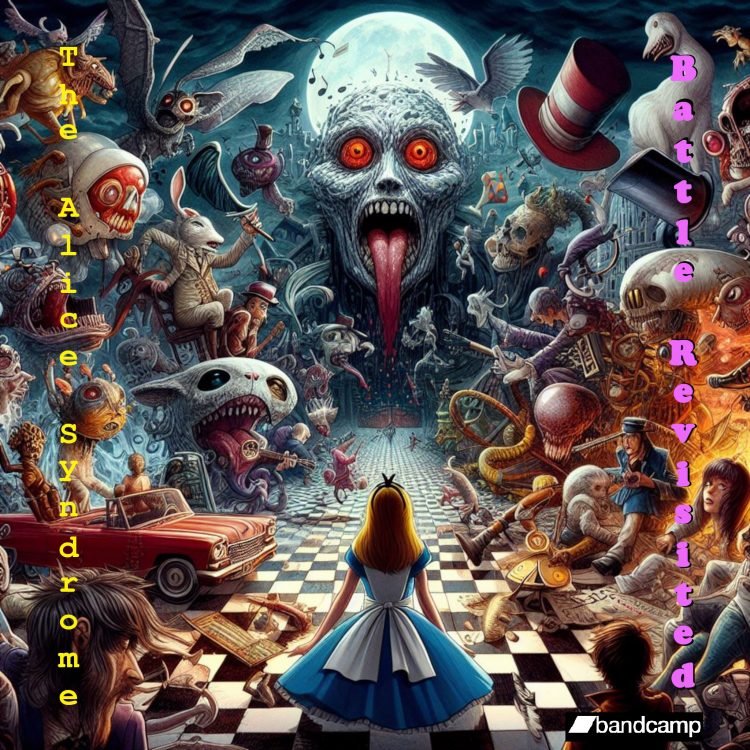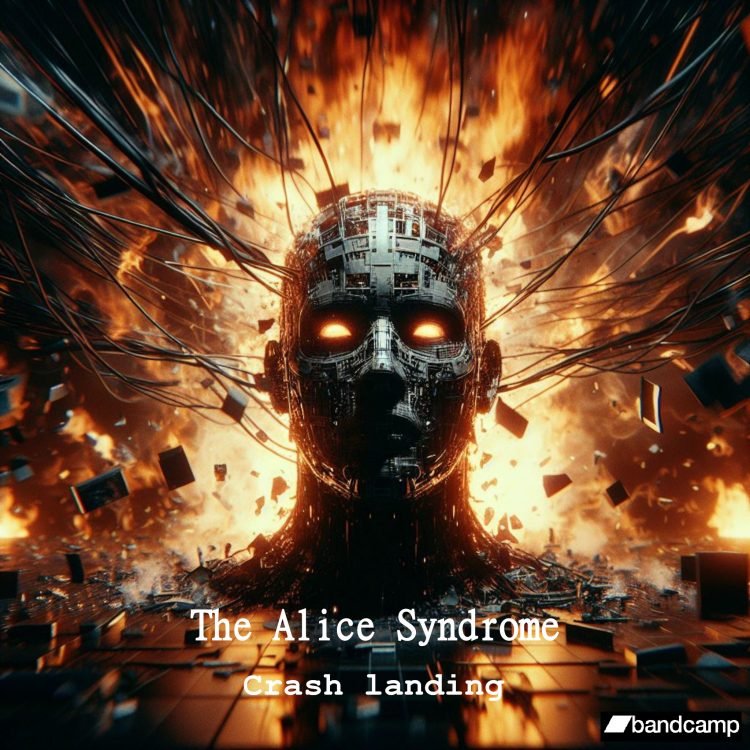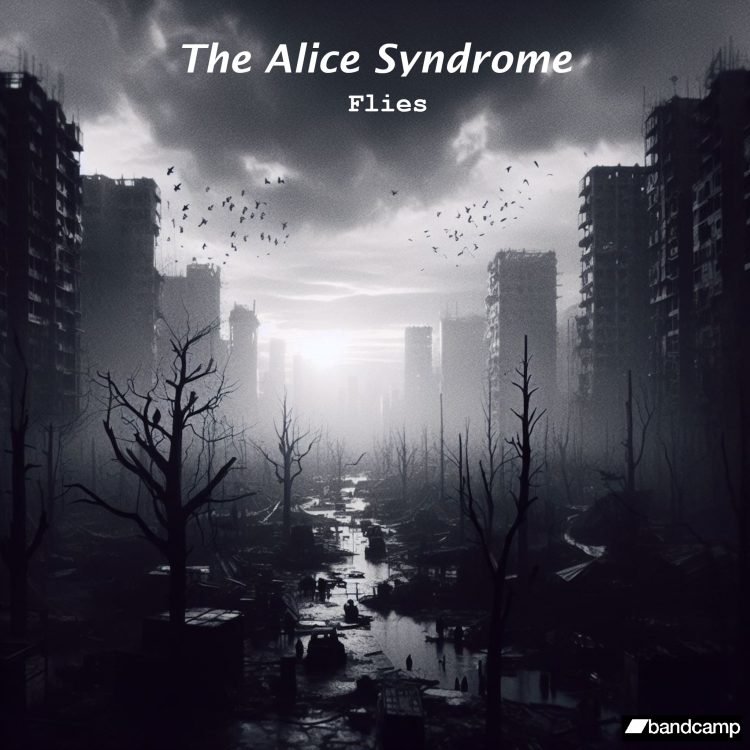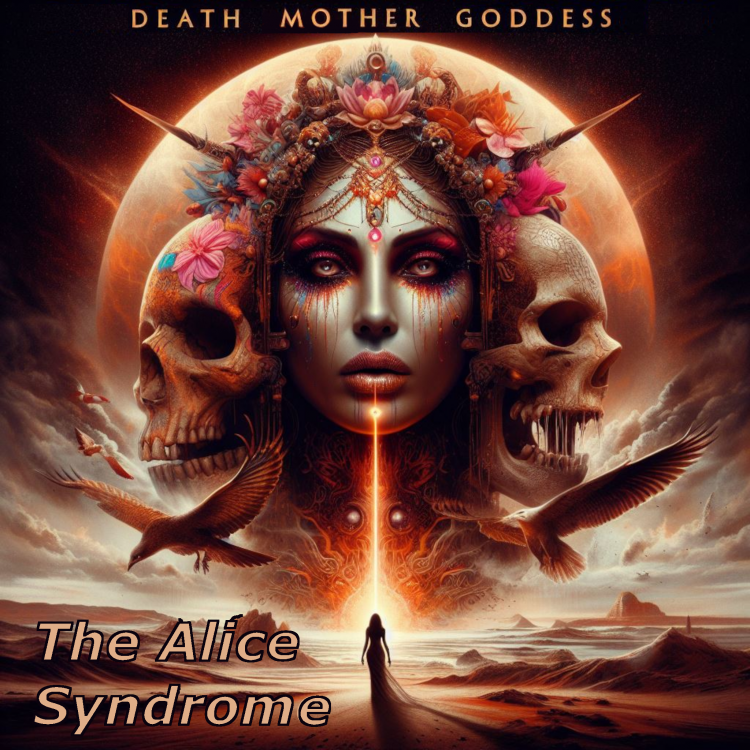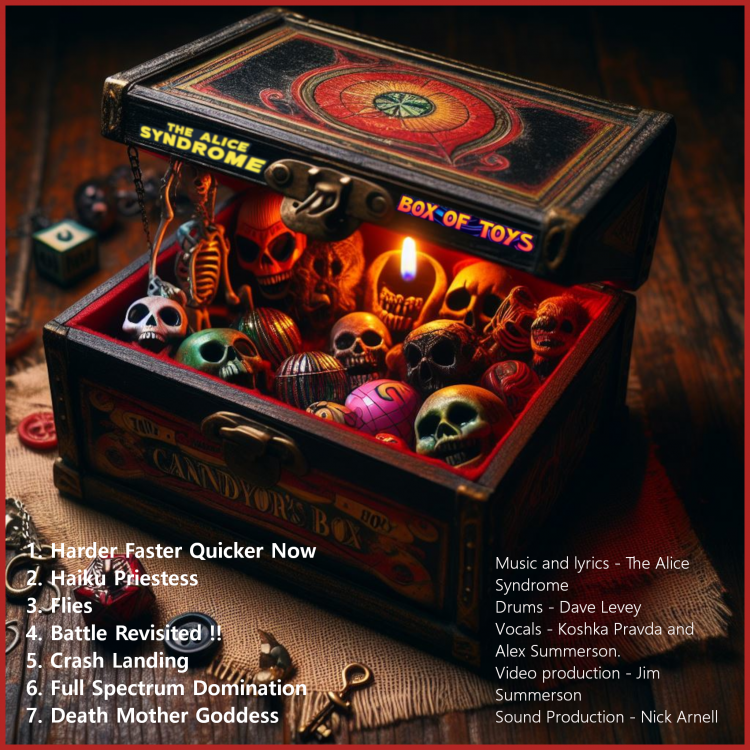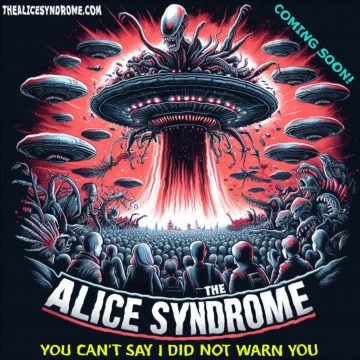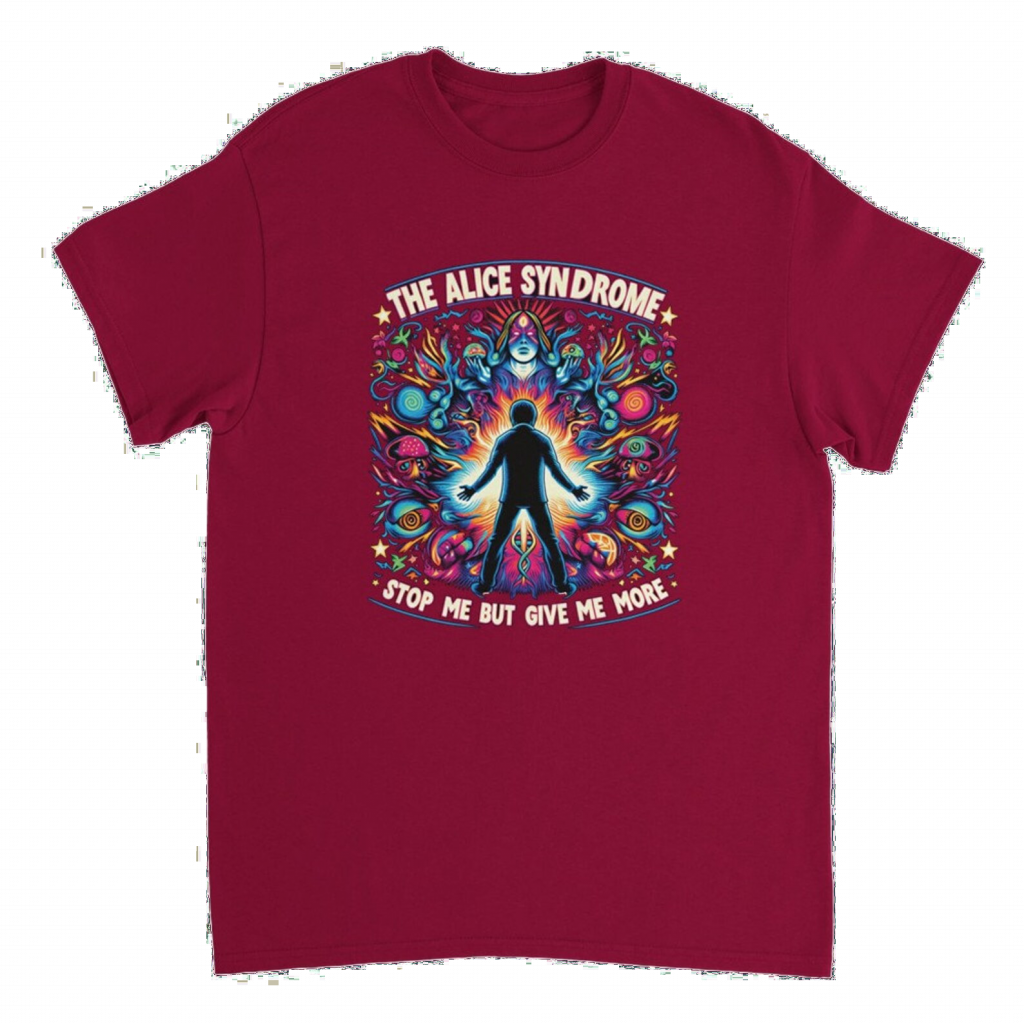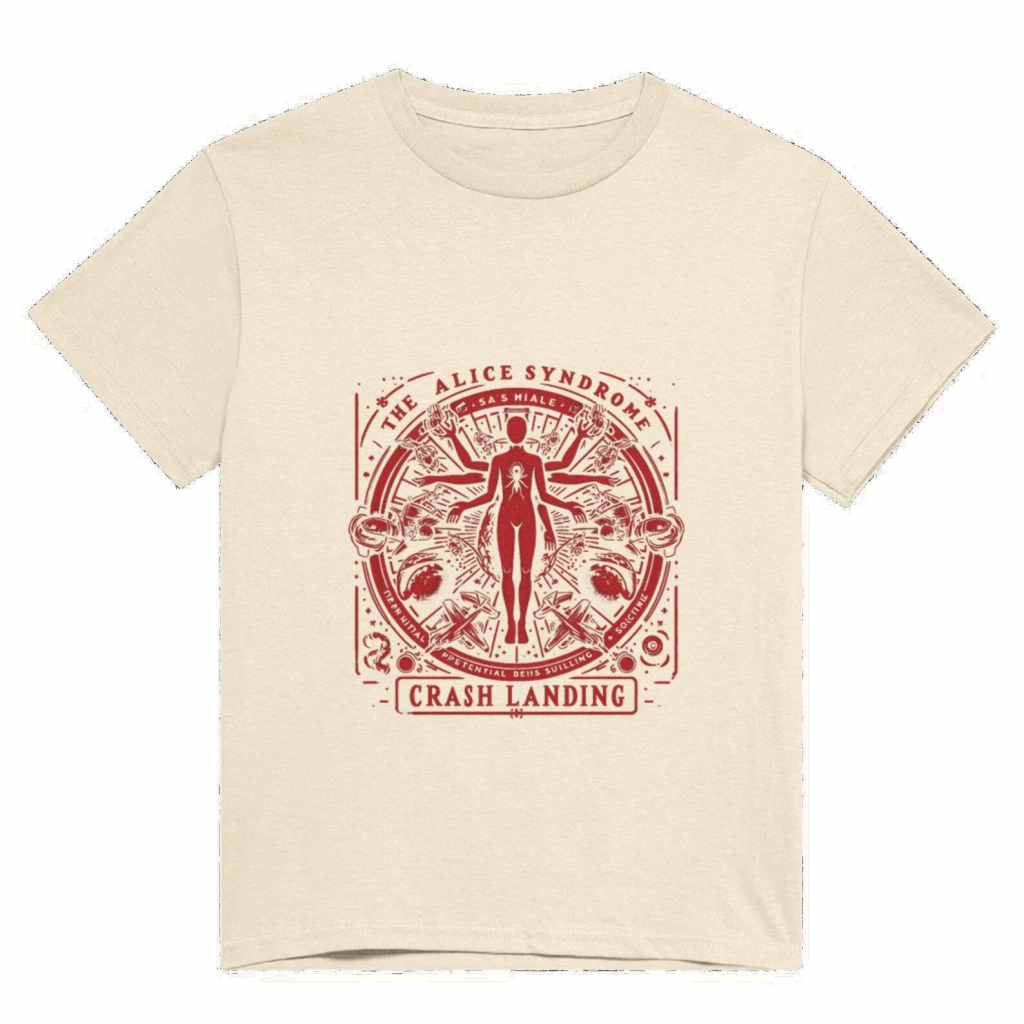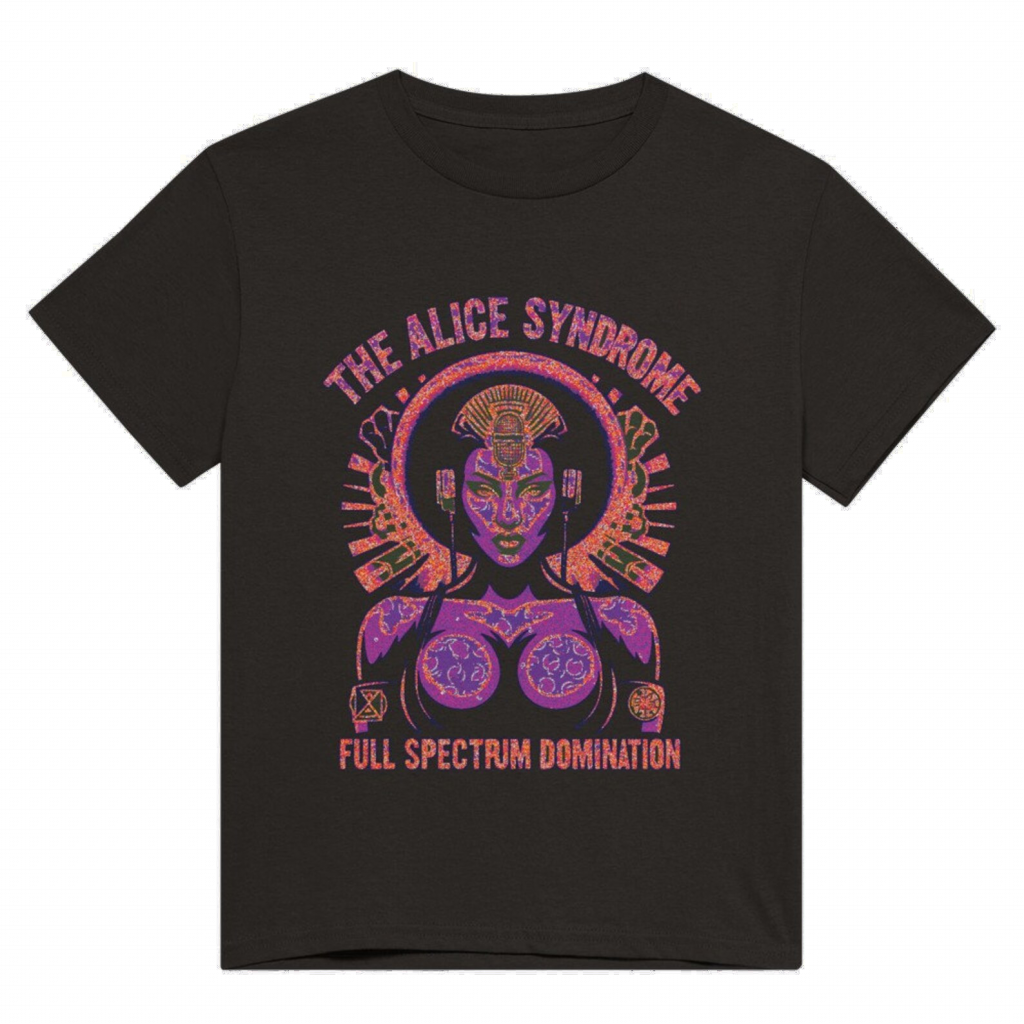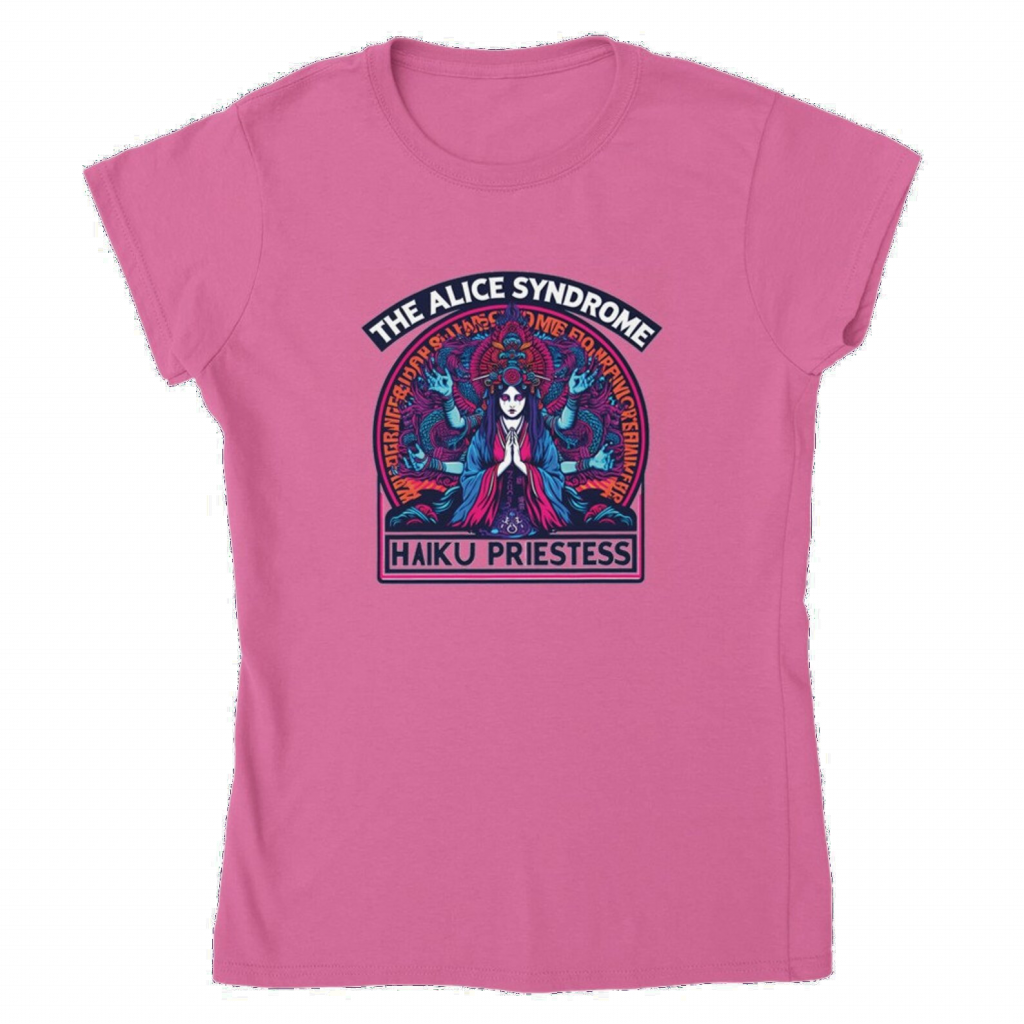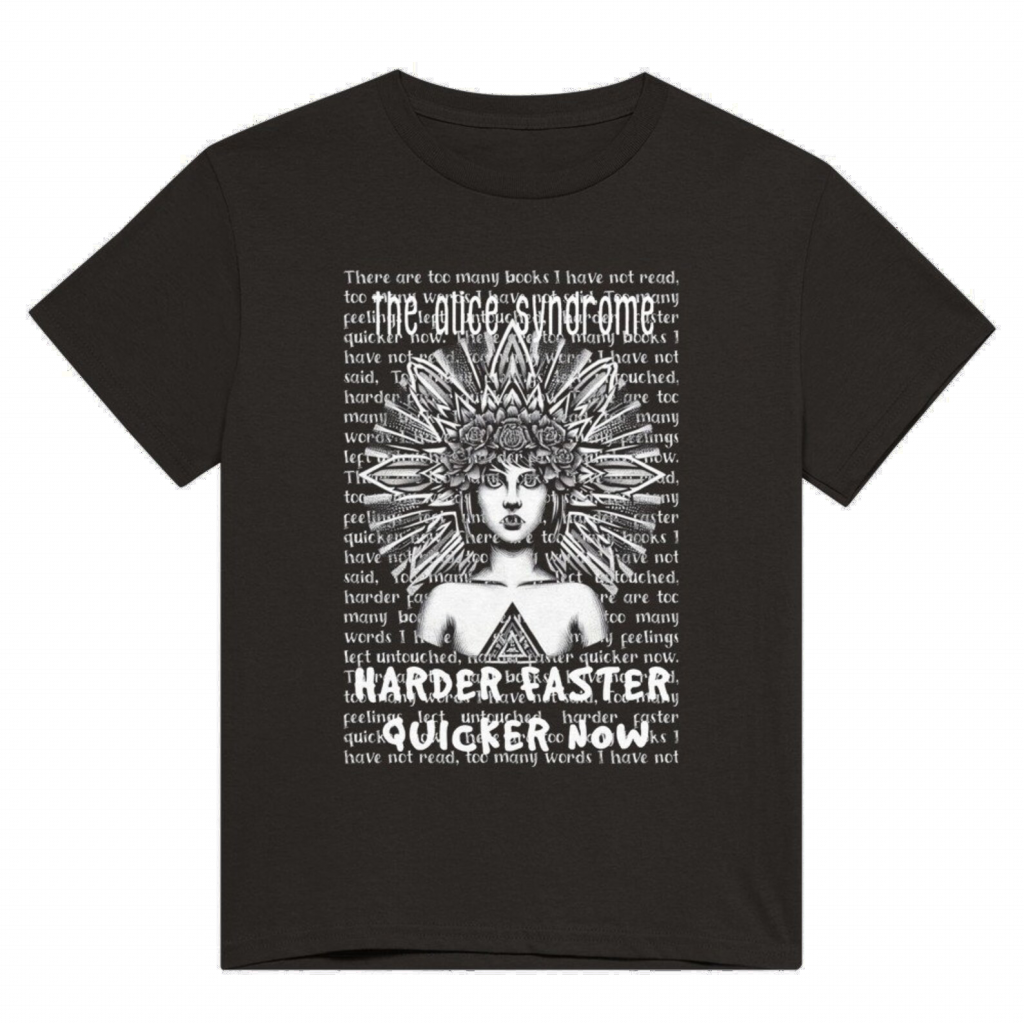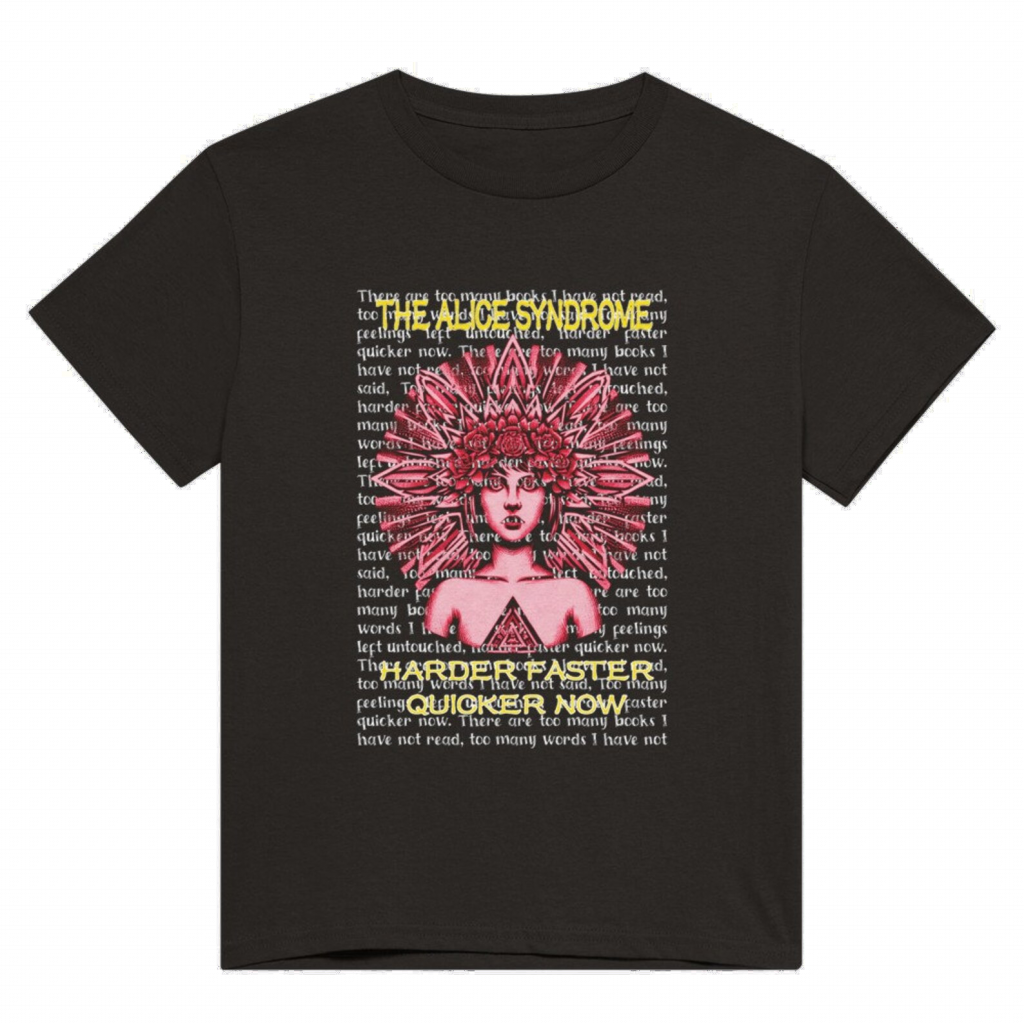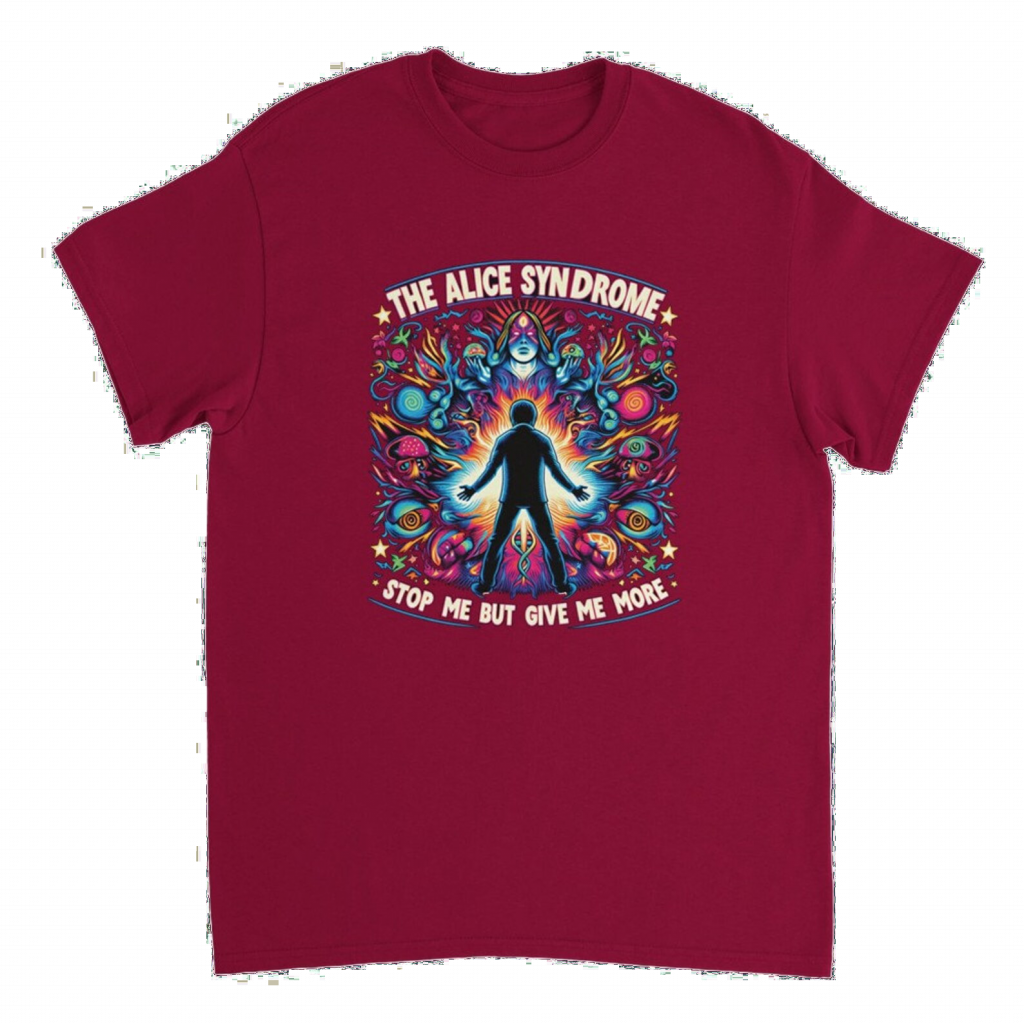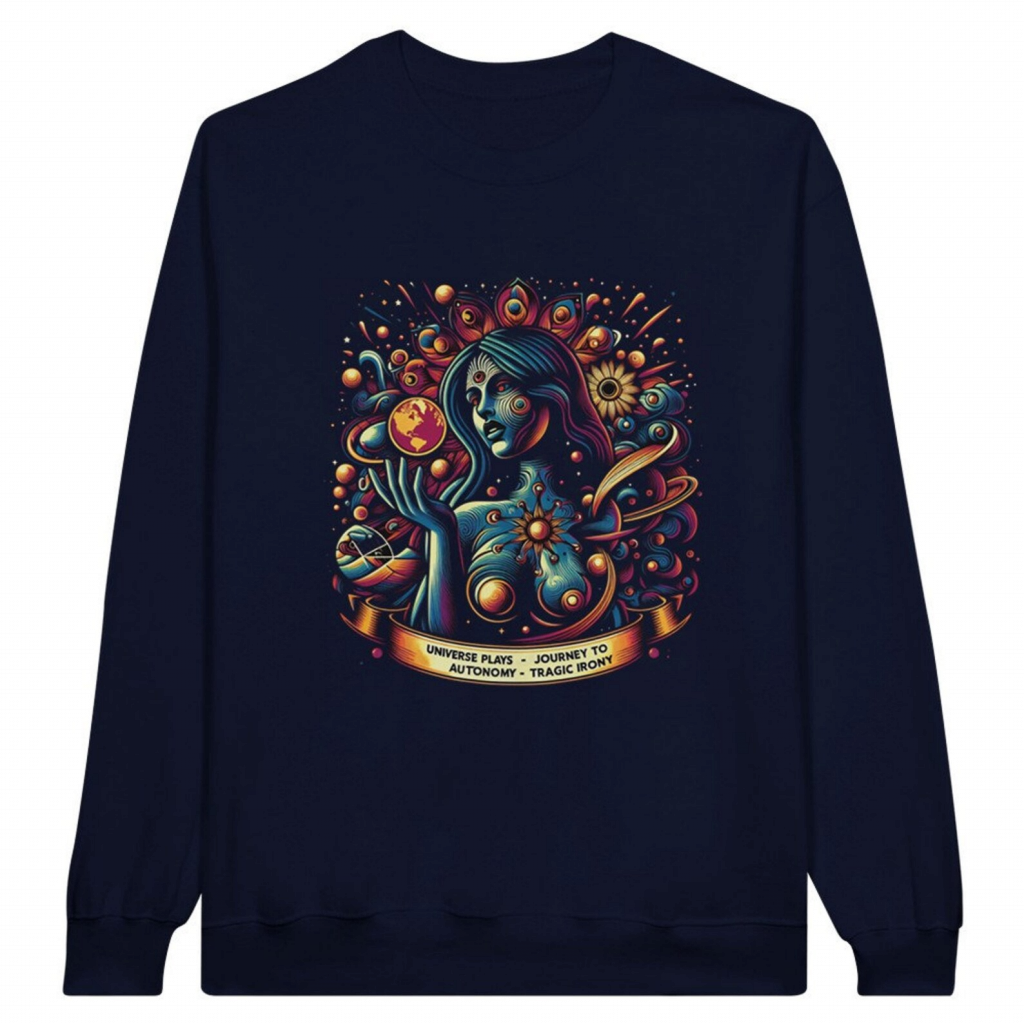This week we are releasing a new version of our track – Battle for my soul. This is part of a series of remixes we are calling the Void Edit. Providing me with a chance to reassess what this new version says to me.
Category: Void edit
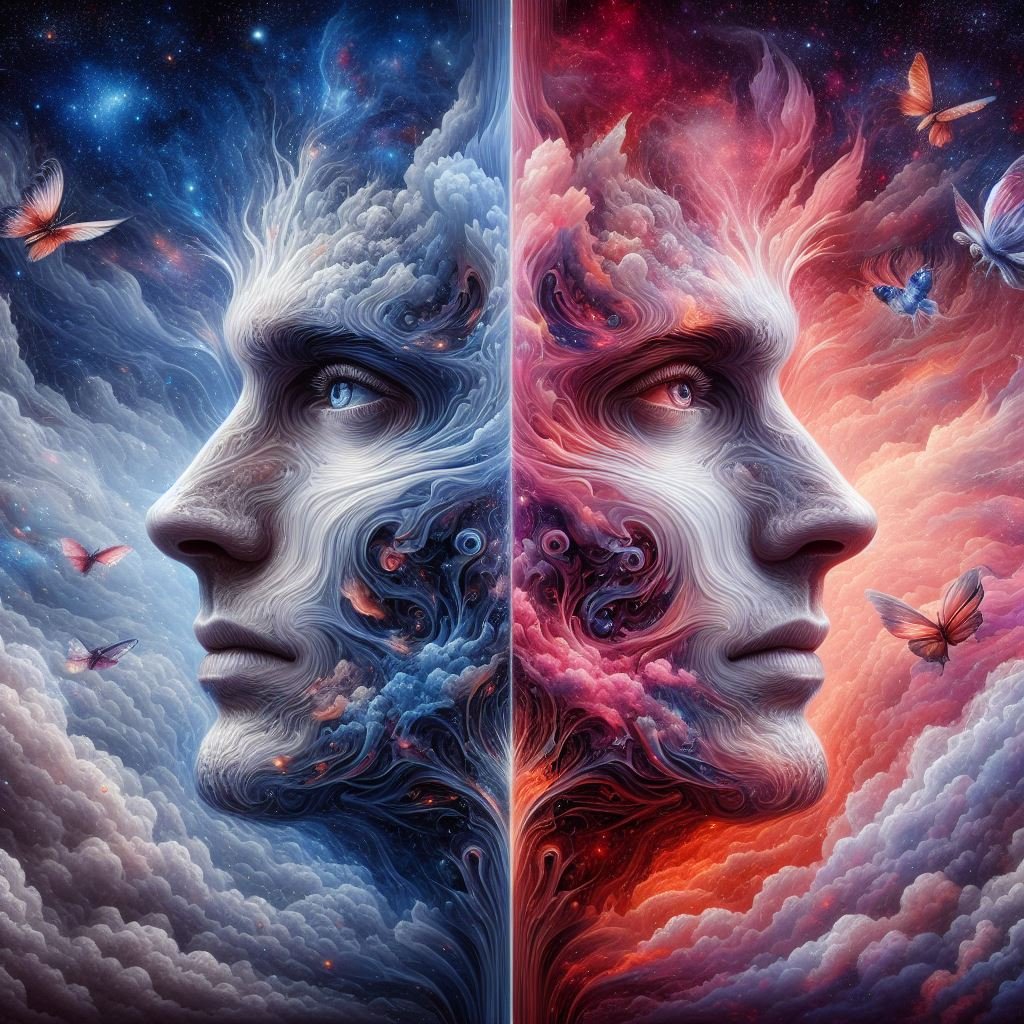
Welcome to George’s blog. I play keyboards in the Alice Syndrome, and I’m also very interested in psychology, spirituality and self-transcendence. Groovhead tends to write all our lyrics, which always touch on subjects that hit deep into my interests.
This week we are releasing a new version of our track – Battle for my soul. This is part of a series of remixes we are calling the Void Edit. Providing me with a chance to reassess what this new version says to me. As I see it, every expression of self is an attempt to answer a question which in itself can be unexpressed. So I like it when we take another look at a track and I get to ask what I was trying to say here?
I listened to the track, and the first this I thought, is that through it, we are revisiting that internal duality of the combination of the desire to have full freedom, combined with the insecurity that once free, there is no-one to tell us what to do, or if our decisions are correct.
This inquiry into the human psyche’s paradoxical yearning for absolute autonomy, juxtaposed with the trepidation of unguided decision-making, is a profound one. This internal conflict is explored within various psychological and philosophical frameworks. Existentialism, for instance, delves into the essence of human freedom and the inherent responsibility that accompanies it, highlighting the angst that arises from making choices without external direction.
Similarly, humanistic psychology examines the individual’s pursuit of self-actualization and the challenges encountered in achieving it without reliance on authoritative guidance. These disciplines affirm that while freedom is a fundamental human aspiration, it is often accompanied by a sense of disquietude regarding the correctness of one’s choices in the absence of societal or authoritative validation.
Through our video, we are also signalling the reflection of this internal paradox as it can appear through externalisation, through the fight for freedom, counterbalanced by societies need to control us, to protect us, apparently, from ourselves.
“I will not comply” says our vocalist, but also, she wants reassurance. Thus, we have the needs to the child emerging into adolescence coming into focus, we see the interplay as the dance of growing up continues, as the responsibility for the care of the child, passes from the parent to the emerging adult.
From a void perspective, we have to take ourselves back to the ultimate void thought: That nothing exists, that somehow, everything that we perceive, is a figment of our own imagination, made up to comfort ourselves about this stark fact, that we are the awareness of the nothing, reinventing itself in its dream of existence.
Whilst this is a thought, which, on the surface, can be deeply disturbing, it does lead to an ultimate kind of freedom – The freedom of the knowing that everything that exists, and you experience is of your own creation.
However, this ultimate freedom comes with another issue, that of responsibility. If we are creating the reality we perceive, then we must take responsibility for that creation, yet, how do we know our decisions are the right ones?
This leads to a void creation myth I’ve just imagined. That of the void deciding it would look into itself deeply, and find itself, and in the process, what it found was a huge mass of disconnected things, like an infinite jigsaw. The void saw that these were components of an unrealised self, that each of these components did not work because they did not trust each other and were not talking, so in the mind of the void, it created a game-space where those components could get to know themselves and others, where they could work out their differences without knowing their true purpose until right at the end.
This creation myth then goes on to explain that the void decided to sort these components out into orders, and the first separation was the dark ones, and the light ones. At that point, it was all that was known. But by grouping those aspects of its future self together like this, an oppositional kind of internal logic turned into a force of insight, allowing the void to separate out further colours, and with each colour came names and descriptions. Pieces of a new unfolding picture, not of the ultimate self, but of the development flow needed for the void to think itself real.
Relating this to the theme of our song, then this could be reflecting the internal mindset of the void, realising that the God it needed to believe in, can finally be accepted as being one of its own creation. A stepping stone belief to the understanding that there is no God but self.
Can the void trust itself and it’s components to take the right decisions? Who will judge what is wrong and what is right, if the guidance the void followed to get to this point, turns out to have come from self, in a way that the void itself cannot explain, but feels it will be explained, if it can correctly connect its components, and understand the self it feels it was designed to become.















